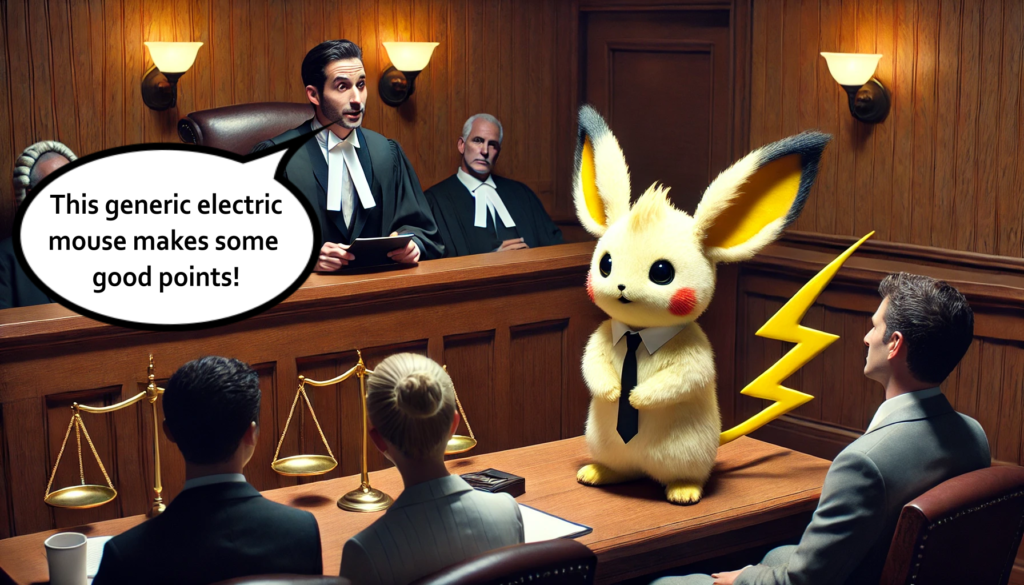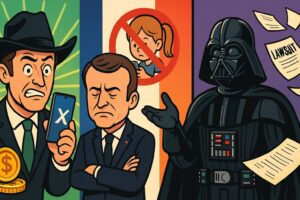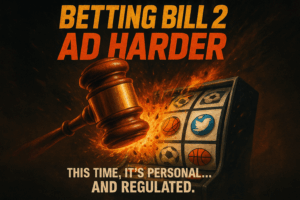What do Pokémon, patents, video games, guns, and lawsuits all have in common? Apparently more than one would think.
Pokemon (With Guns)
As a millennial (and seasoned gamer), I grew up watching Pokémon, the 90’s sensation portraying the animated adventures of Ash Ketchum and his buddy Pikachu trying to “catch’em all.” For me, Pokémon was more than just an animated TV series, it was a whole universe. There were toys, trading cards, and the simple, yet genius, turn-based RPG games, Pokémon Red and Blue, published by none other than Nintendo Co., Ltd. (Nintendo).
Decades have passed since Pikachu’s first appearance while countless Pokémon look-alikes popped up along the way, yet the Pokémon franchise remains unmatched in the creature-taming genre. But, fast forward a few years to 2021 and rumors of a new game described as “Pokémon with guns” began circulating on the Internet. What started as a wave of online jokes, memes, and speculation became real when Pocketpair, Inc. (Pocketpair) dropped an official trailer in 2022 for its (then) upcoming gun-packed, creature-catching, open-world survival videogame “Palworld”. Palworld was officially released on Steam on January 19, 2024.
Just 6 days after its release, Palworld had already sold a whopping 8 million copies, becoming an overnight hit. The game’s sudden popularity didn’t go unnoticed by The Pokémon Company, who issued a press release hinting at copyright concerns, stating that “Regarding any infringement of Pokémon intellectual property rights, we intend to investigate and take appropriate action”. Unsurprisingly, this led to rumours and speculation surrounding Palworld returning to the spotlight. This time, the Internet predicted a looming copyright infringement lawsuit from Nintendo and The Pokémon Company against Pocketpair due to the resemblances between the two franchises’ creatures.
You can find a graphic comparison between some of Pokémon’s and Palworld’s creatures (Pals) here.
Patent Infringement Claim, I Choose You!
After 9 months of quiet, Nintendo and The Pokémon Company (the Plaintiffs) broke their silence with a formal announcement that they had filed a patent infringement lawsuit against Pocketpair in the Tokyo District Court. Part of the statement reads “This lawsuit seeks an injunction against infringement and compensation for damages on the grounds that Palworld […] infringes multiple patent rights”.
Even though there isn’t much information available regarding the lawsuit at this time, it’s surprising that the Plaintiffs are pursuing patent (rather than copyright) infringement relief.
Unlike patents, copyright protects works of authorship automatically upon their creation (such as music, drawings, and books, among others). This means that while registration is highly recommended for copyright, it’s not strictly necessary to obtain protection. Patents, on the other hand, protect new inventions that offer a novel solution to a technical problem through registration, with protection limited to the specific claims outlined in the application. These claims are often complex and highly technical descriptions of the invention. As a result, patent infringement is not as broad or subjective as copyright infringement, which can consider elements like perception, graphic resemblance, or the overall “look and feel” of works. Instead, patent protection will only go as far as the granted claims allow.
That said, the question here is, why did the Plaintiffs opt to pursue a patent infringement rather than a copyright infringement? Perhaps the resemblances between Pokémon and Palworld were not substantial enough to back a copyright claim? Could it be that the Plaintiffs had a hidden ace up their sleeves waiting for something like this to happen? Rumour has it that the patent infringement may revolve around the software mechanics of throwing Poké Balls (Pal Spheres in Palworld) in the open world to catch creatures. However, nothing is clear yet, as the patents that Pocketpair has been accused of infringing remain undisclosed at this time.
Gotta Sue ‘Em All!
Nintendo has become a legendary company not only for its all-time beloved videogame franchises but also for its notoriously aggressive stance on IP infringement. Over the years, Nintendo has built a reputation for its use of cease & desist letters, litigation and YouTube takedowns to protect its IP. One infamous case involves Gary Bowser (note the irony), a Canadian programmer who was sentenced to 40 months in prison and ordered to pay a $14.5 million fine for infringing Nintendo’s IP. Nintendo’s legal activity dates back decades, as the company even sued Blockbuster back in the day for photocopying videogame instruction manuals.
There’s much of this story yet to unfold, but one thing’s for sure, Nintendo will bring all its legal arsenal in court to fight Pocketpair. Are we going to see this case proceed to trial or will a settlement be reached? Only time will tell.
Here at GME we’ll be awaiting developments on this intriguing case, so stay tuned!
*Nothing in this blog is meant to be legal advice.




